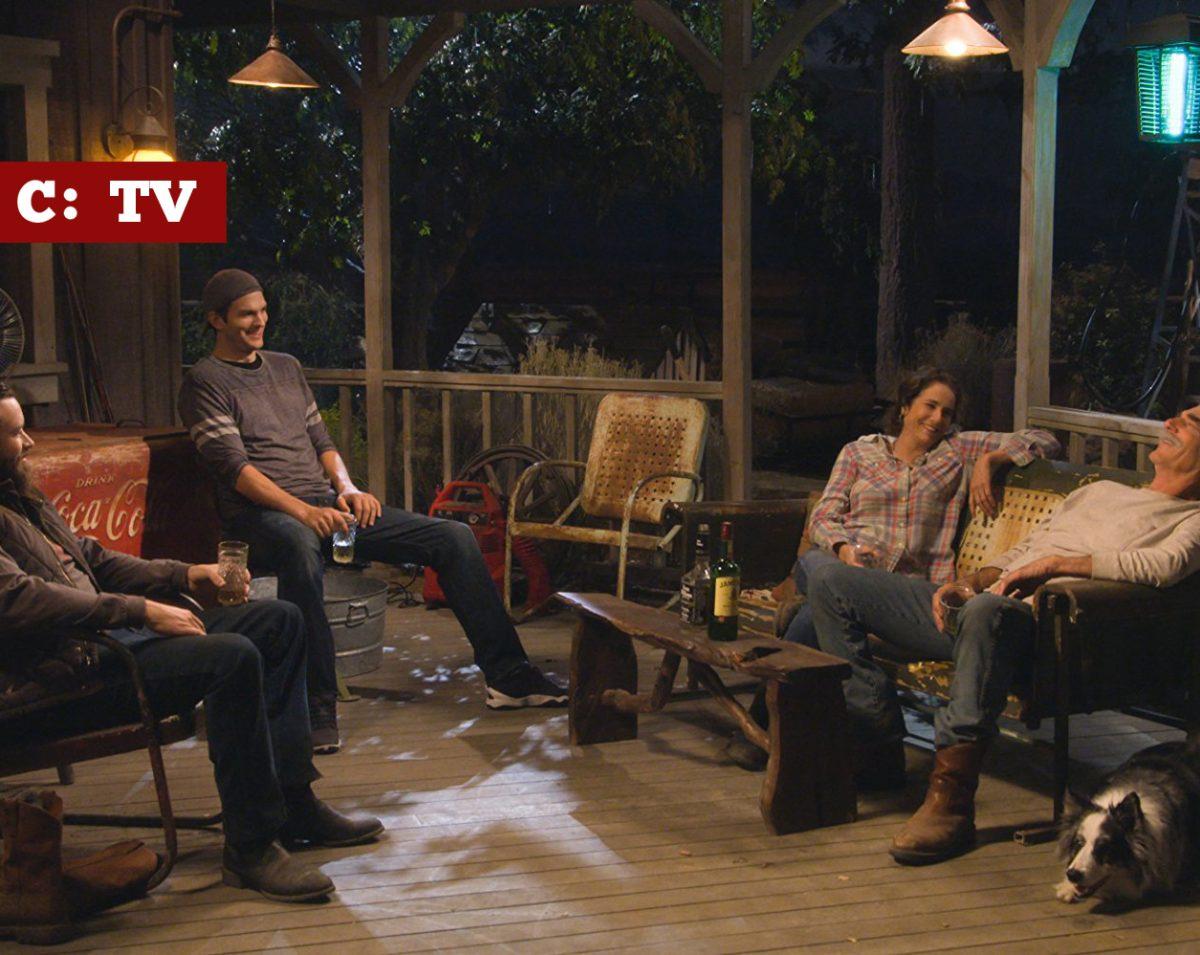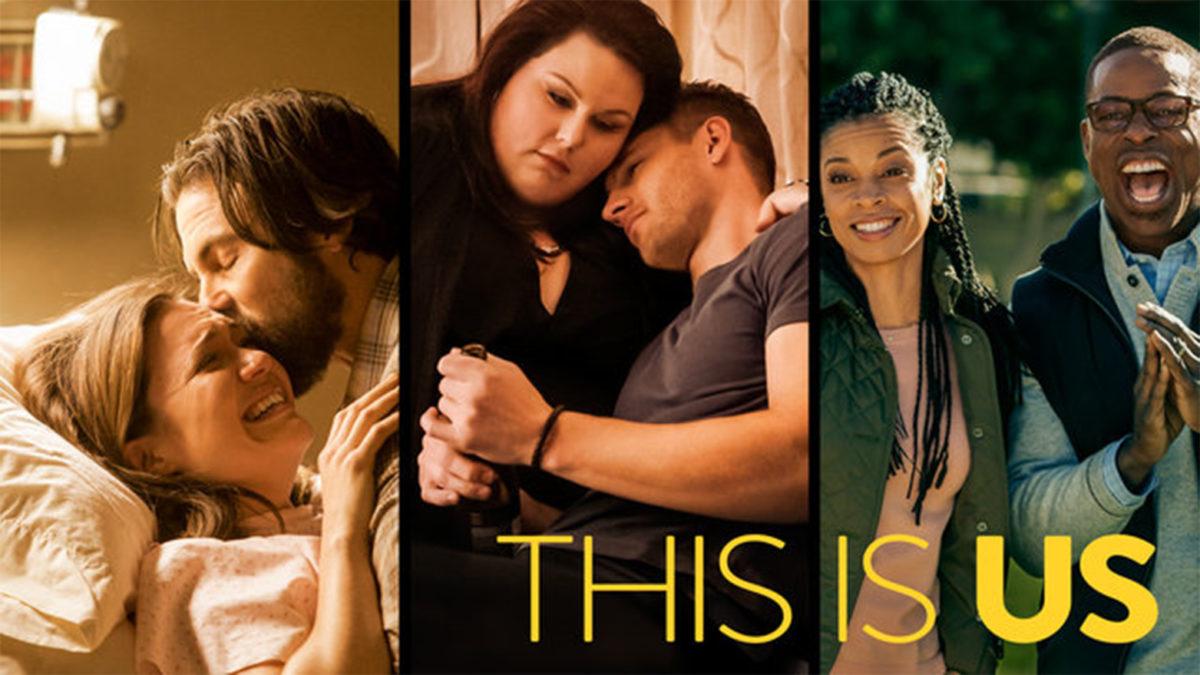Is fictionalizing serial killers and casting them as conventionally attractive men something we should be doing or allowing?
A big staple now a part of our generation is true crime. Whether it be listening to podcasts about Ted Bundy, or watching TikTok/youtube videos about other minor killers, most know what true crime is or have immersed themselves in that world. There have been many conversations on whether true crime is ethical or if we should be casting people to play serial killers in movies or shows.
For example, in the newest show Dahmer Monster: The Jeffrey Dahmer Story, Evan Peters, a more conventionally attractive man, was cast to play Jeffrey Dahmer. Casting someone that people find attractive is a rather hit-or-miss situation. Yes, it gets the show more views which is what the creators are aiming for, but it can also give someone an excuse to eventually project their attractions for the real person.
“It makes me disappointed that people believe they have an out. They seem to think that just because an attractive guy is playing a serial killer they are allowed to romanticize him or call him ‘cute’ or ‘hot’ when he’s playing that role. This I believe is obviously a warped and desensitized way of thinking, because the actor is playing someone who killed real people and ruined real families, and many people just give no genuine acknowledgment of that part of it or give it the weight that it deserves,”
said junior Connor Railsback.

Not only does it make it easier for people to believe they can romanticize or make edits of serial killers. Edits are arguably a rather big chunk of what social media is made of. People will take clips or pictures of someone they find to be attractive or admire and compile a 15-second to 1-minute video with audio of their choice behind it. With edits, people can reach more people on the internet and cause more people to romanticize serial killers and in turn, think it’s okay to do so. With making it easier to romanticize serial killers by casting actors to play them, a role like this can really take a toll on the mental well-being of the actor/actors involved.
“Honestly I was very scared about all the things that he did and diving into that. Trying to commit to that was absolutely going to be one of the hardest things I’d ever have to do in my life,” Evan Peters said in the Evan Peters On The Complexity Of playing Dahmer interview on YouTube.
Being able to maintain good mental health when playing such a sadistic person and having to tap into their mind to be able to play them properly can be very complicated as we’ve seen with the death of Heath Ledger after he played the role of Joker and lost his sanity. The possibility of actors losing their sanity or their mental health deteriorating can be avoided if we stop making shows about serial killers and stick with factual documentaries instead.
Using shows or movies to get information on serial killers can be both insensitive and completely factually wrong. For example, when comparing the movie “Extremely Wicked, Shockingly Evil, and Vile” starring Zac Efron to the “Conversations with a Killer” documentary series on Netflix there were several dramatized moments in the movie and even made-up parts. At the end of “Extremely Wicked, Shockingly Evil, and Vile”, Ted Bundy confessed all his murders to Liz Kendal (Lily Collins) during a telephone visitation. This is false and fabricated to make the movie’s ending more dramatic. In reality, he only told her about the time he planned to kill her after he had been convicted in Florida. Bundy had yet to admit to anyone about his killings until the nights leading up to his execution. This further confirms that movies about serial killers tend to be more dramatic than factual and shouldn’t be the only place people get their information on serial killers from.
“Fabricating stories on serial killers feel wrong. I feel like if we aren’t getting the facts right why make a movie at all? I know they need a dramatic wow factor but I just feel like it’s insensitive to the families of the victims because their child’s story isn’t being told the right way and some might not even want their family members’ story told at all,” said sophomore Leia Breland when asked what her opinion on making movies about serial killers was. While the film might be enjoyable to some, it can be super detrimental to actors, family members of the victims, and people who think everything in the movie/tv show is factual.






